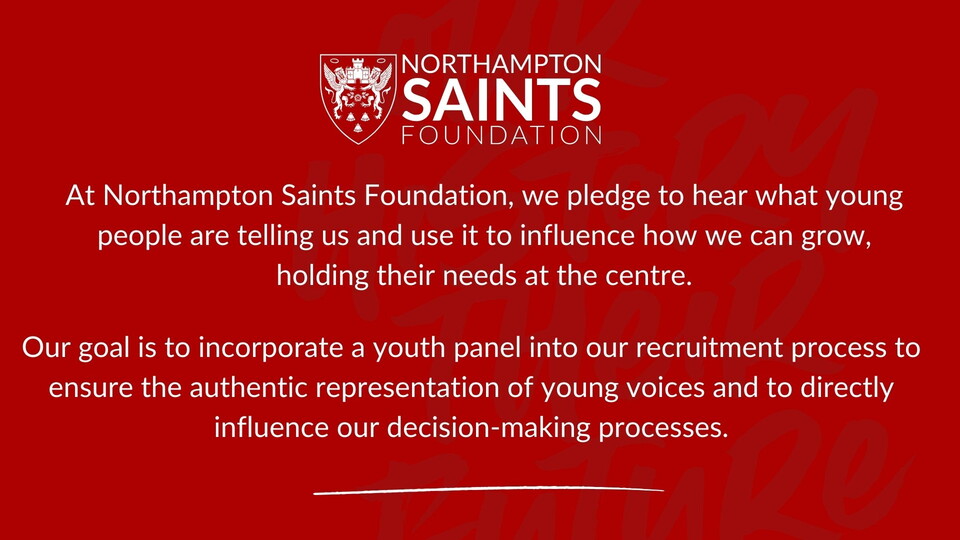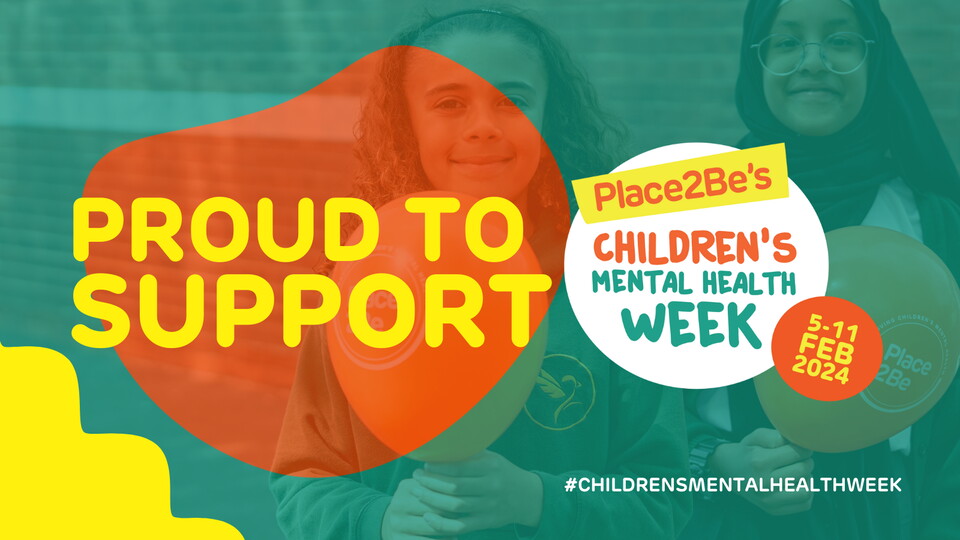Amidst the fast-paced, digitally driven society, young people encounter a number of challenges that can (and do) impact their emotional well-being. From academic pressures to social media influences, the landscape of modern childhood presents unique barriers for mental health that many of us as adults have no comprehension of, so we must listen, learn, and try to understand to create positive change.
In November 2023 an NHS England survey highlighted that 1 in 5 children and young people aged 8 to 25 are suffering from a probable mental health disorder, it is no wonder that the mental health services are at a crisis point, with many of our young people struggling to get the support they really need, at the right time.
Over the last few years, Northampton Saints Foundation have observed that the challenges and complexities of some young people on our programmes, went beyond the surface of what they were presenting with, and found ourselves asking “how can we do more?”
Following a successful application to the National Lottery Reaching Communities Fund to employ a Youth Counsellor, over the last academic year, 27 young people have received one to one therapeutic support, 22 young people attended a thematic group work session, and 8 parents have received support, advice, and guidance on a range of issues impacting their children. Many of these families had been on a waiting list for mental health support for a significant period, feeling hopeless and uncertain about what the future held.
This is just the start, we are acutely aware of the need for continued growth in mental health support, not just because of what we are seeing day to day, but because that is what young people are telling us.

In a study conducted by Young Minds in April 2023 ‘Deconstructing the System’, it was evident that ‘worries about school are continuing to rise, with 32% of young people claiming it to be a negative influence in their lives’. We know that school is not always the place where everyone thrives, however, it leads us to ask questions of our society and the education system. If so many of our children and young people are suffering, then where are we going wrong?
There could be several factors influencing this, including the capacity to explore these worries within the context of a safe and non-judgmental environment, where people can be emotionally available to the young person. If you consider the work of Carl Rogers - founder of client centred work and ‘unconditional positive regard,’ this formed a key element to therapeutic interventions, so it is important to hold in mind that the environments within which we place our young people, could have the most influence.
At the Foundation, we regularly reflect on the environment we have created. We do this with our young people and use it to influence how we can continue to grow, holding the needs of our young people at the centre.
Through the inhouse support given, and a focus on the softer skills required to thrive in this world, young people at the Foundation have been empowered to develop tools. Tools such as healthy coping strategies for anxiety, emotional literacy to express themselves effectively, and the ability to challenge the negative cognitions they were experiencing. They have been encouraged and supported to step out of their comfort zones to realise their potential, support others and engage in experiences that perhaps they would have never considered. Sessions such as Art Therapy workshops, feeding animals at a local farm or trying out a somersault on a trampoline, all which support growth, confidence and enrich the developmental process, expand their world, and their perception of themselves within it.
The state of children and young people's mental health in Britain reflects a complex interplay of societal, familial, and individual factors. Addressing these challenges requires a multifaceted approach that prioritises education, accessibility, prevention, and destigmatisation. By investing in mental health support, fostering a supportive environment, and truly listening to and acting on the voice of the child, we can empower the next generation to navigate life's challenges with resilience and a sense of feeling well in the world.
